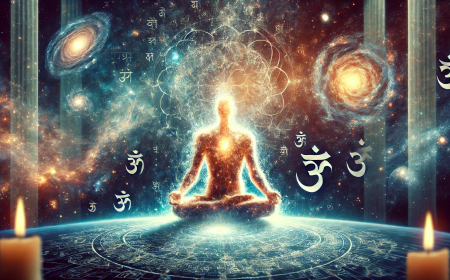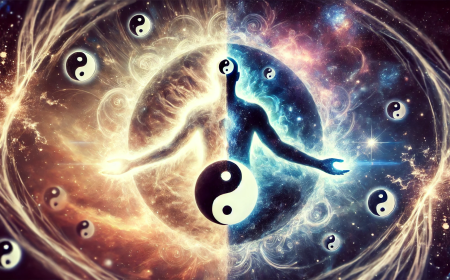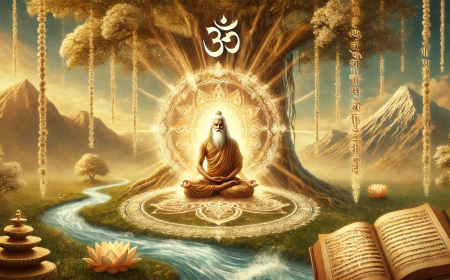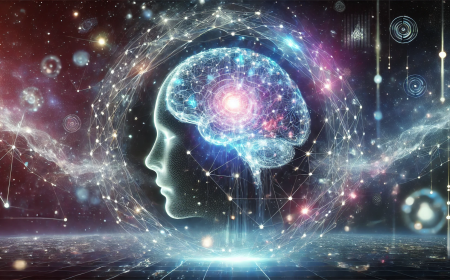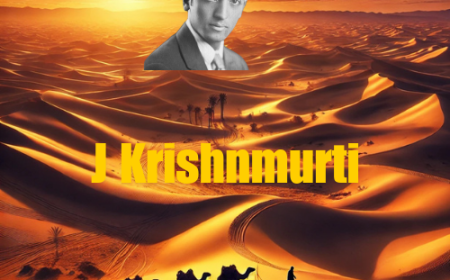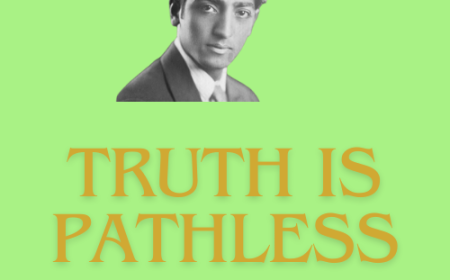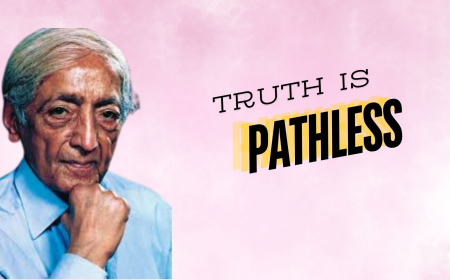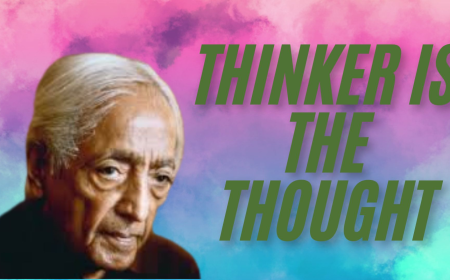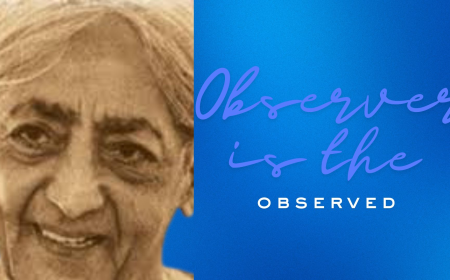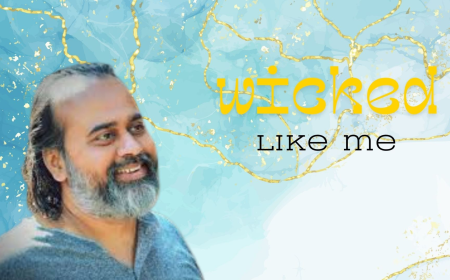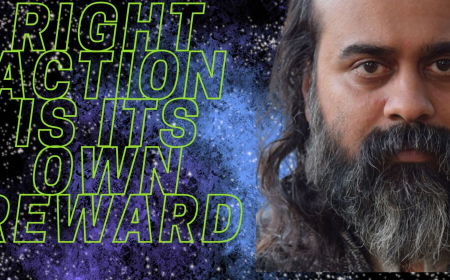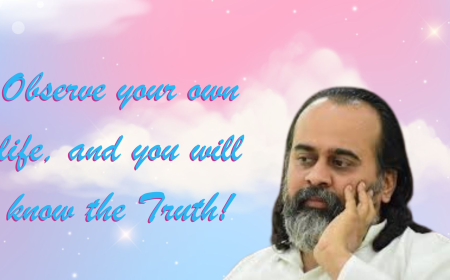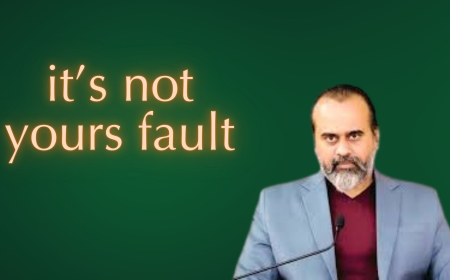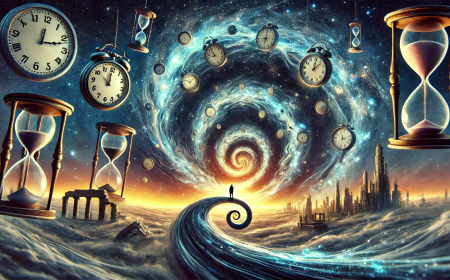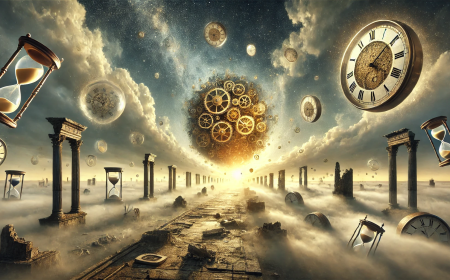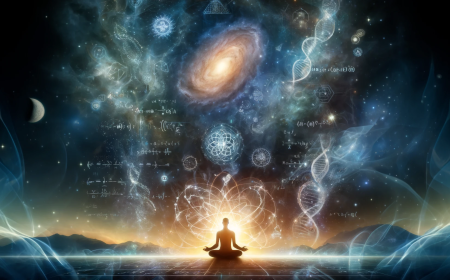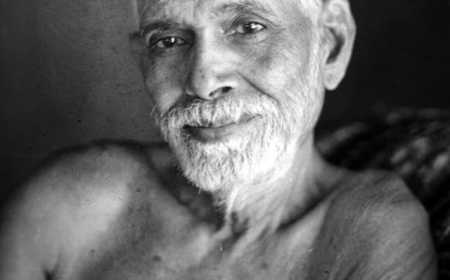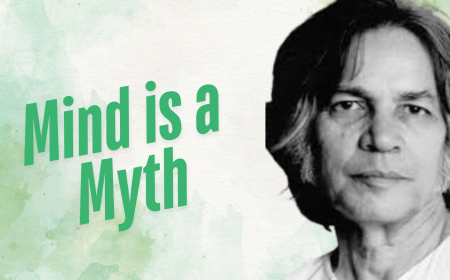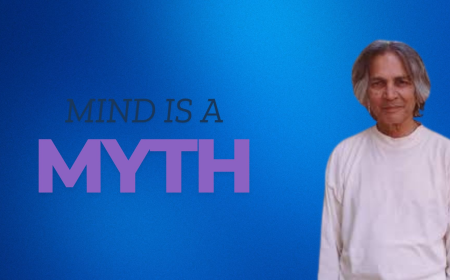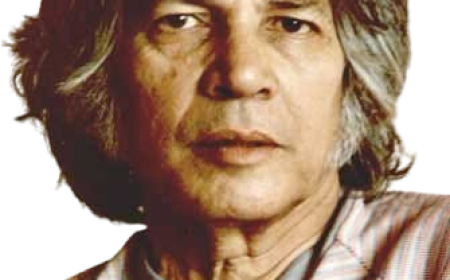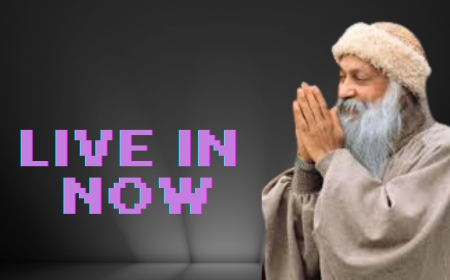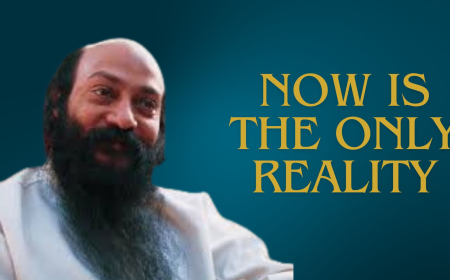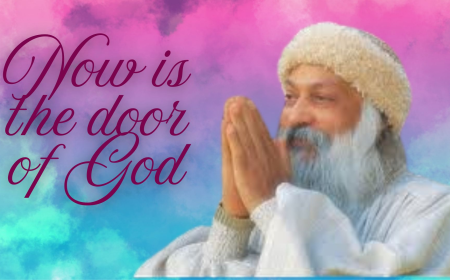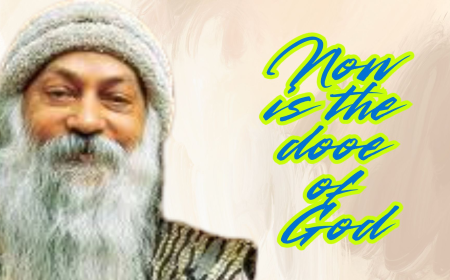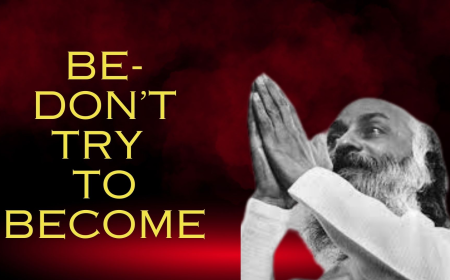U.G. Krishnamurti: The Radical Philosopher Who Denied Enlightenment
Discover the radical philosophy of U.G. Krishnamurti, who rejected enlightenment and questioned spiritual teachings. Explore his views on consciousness, thought, and self-awareness.
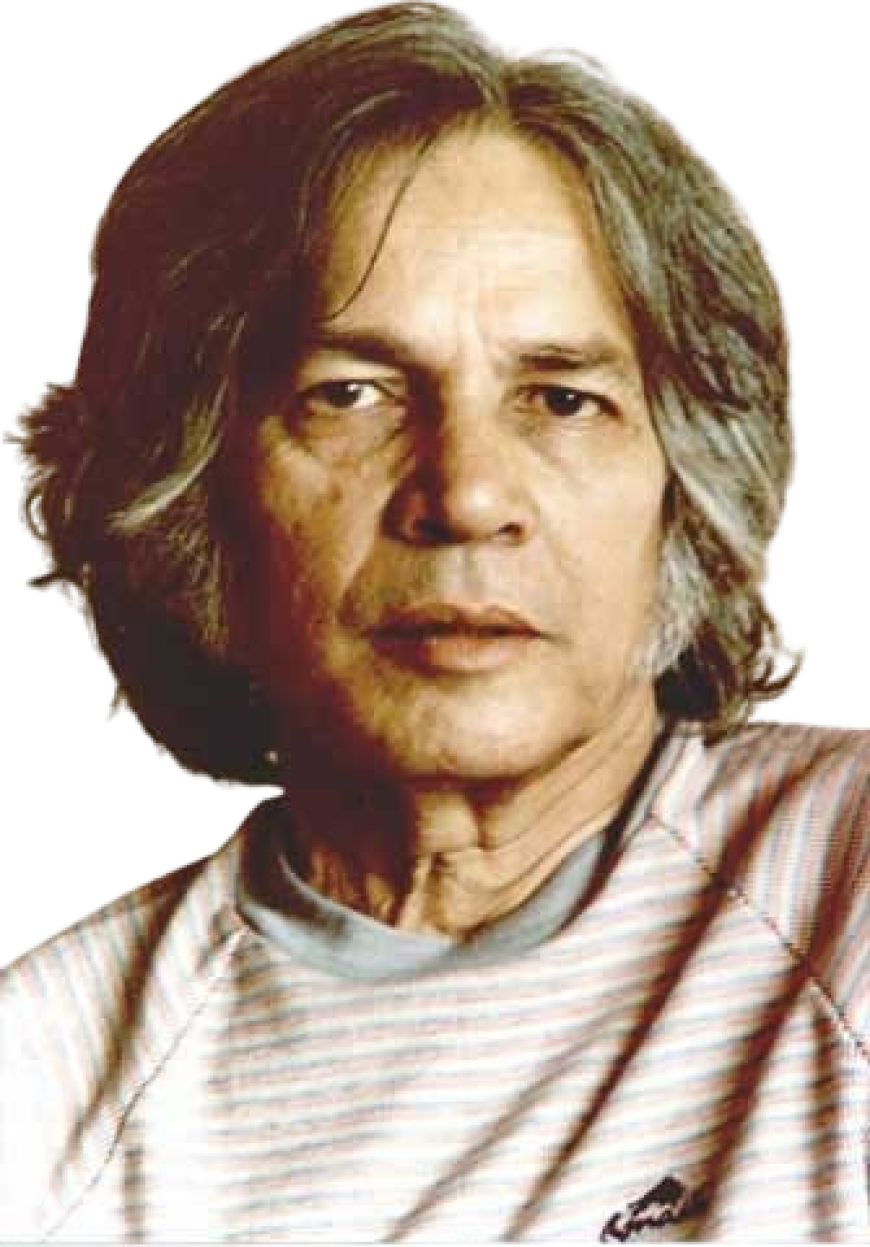
Who Was U.G. Krishnamurti?
Born: July 9, 1918, Machilipatnam, India
Died: March 22, 2007
Genre: Philosophy
Uppaluri Gopala Krishnamurti, widely known as U.G. Krishnamurti, was a thought-provoking Indian philosopher who rejected the idea of enlightenment and dismissed all spiritual teachings as illusions. Unlike traditional spiritual leaders, he challenged the very foundation of self-awareness, consciousness, and transformation. His radical views continue to intrigue seekers who question the nature of thought, existence, and reality.
Early Life and Spiritual Journey
U.G. Krishnamurti was born in Machilipatnam, India, and lost his mother just days after his birth. Raised by his maternal grandfather, a prominent Brahmin lawyer and member of the Theosophical Society, U.G. was exposed to spiritual ideas early in life.
Determined to attain moksha (liberation), he spent years practicing various spiritual disciplines between the ages of 14 and 21. However, he ultimately concluded that enlightenment was a myth, and spiritual teachings only fueled illusions rather than offering real transformation.
U.G.’s Radical Philosophy
1. Rejection of Change & Enlightenment
U.G. dismissed the idea that humans need to change—spiritually or psychologically. He believed that the body is already in perfect harmony and that the mind’s "demand for change" only creates dissatisfaction and illusion.
2. Denial of Individual Mind & The Thought Sphere
U.G. argued that there is no individual mind—instead, he spoke of a "world mind", a collective accumulation of human knowledge. He proposed that our thoughts function like radio signals, picked up from a "thought sphere" rather than originating within us.
3. The 'Explosion' & The End of Thought
U.G. described his transformation as a sudden physiological explosion, which shattered the continuity of thought. He compared this to a nuclear reaction, where:
- The senses function independently without interference from a central self.
- The pineal gland (Ajna Chakra) takes over bodily functions instead of thought.
- Thoughts spontaneously combust, preventing psychological suffering.
Why U.G. Krishnamurti Rejected Gurus & Spirituality
Unlike traditional spiritual leaders, U.G. believed that people sought gurus either to solve daily life problems or to chase a fabricated problem—the search for enlightenment itself. He dismissed all religious and spiritual teachings as false narratives designed to sustain the illusion of self-importance.
The Legacy of U.G. Krishnamurti
U.G. did not create a movement, school, or following. His uncompromising honesty and radical insights continue to challenge spiritual seekers, philosophers, and skeptics alike. His message was simple: There is no enlightenment, no transformation—just life as it is.
Frequently Asked Questions (FAQs)
1. What did U.G. Krishnamurti believe about enlightenment?
U.G. Krishnamurti believed enlightenment was a myth and that all spiritual teachings were artificial constructs of thought with no real significance.
2. What is U.G.’s concept of the "thought sphere"?
He suggested that thoughts exist in a shared field (thought sphere), and human brains act as antennas, picking up thoughts rather than generating them individually.
3. Did U.G. Krishnamurti follow any spiritual path?
No, U.G. actively rejected all spiritual paths, stating that seeking enlightenment only strengthens the illusion of self-importance.
4. What was U.G.'s ‘explosion’ experience?
He described a sudden, irreversible shift in his mind and body, likened to a nuclear explosion, which ended the continuity of thought and allowed his body to function in its natural state.
5. Why didn’t U.G. Krishnamurti have followers or a movement?
He never claimed to be a guru and actively discouraged people from following him, stating that spiritual teachings were unnecessary and misleading.
What's Your Reaction?







